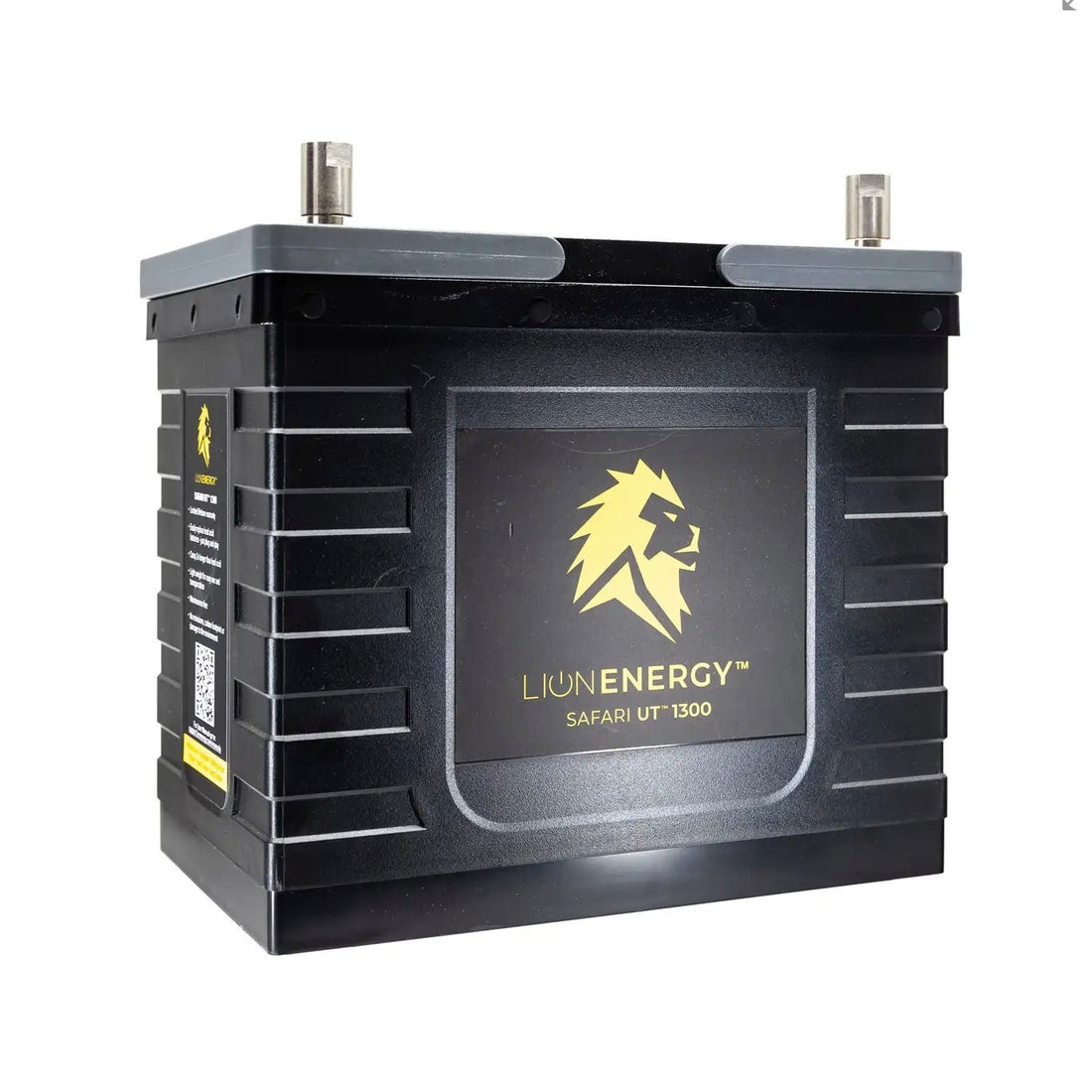
Types of Power You Can Use
Eco PoweritShare

If you're not plugged into shore power, you can use a generator or batteries to power your RV. Many RVers use a combination of both, relying on the batteries for powering most things.
Generator Power
Generators can provide a good source of power because they often have a higher output (watts) so they can run things that require lots of power AND that you want to run for long periods of time, like your AC. Fuel-based generators are an option but they also have some limitations:
- Requires fuel so you need to have a supply of gas on hand and keep restocking that based on how much you use the generator.
- Emits fume or other types of pollutants so you can't use them indoors and their not as friendly to the environment.
- Noise levels vary but generators can be noisy which means you'll want to set them far enough away from the RV that you're not bothered by the noise. That also means their a bit more likely to "walk off" when you're not looking. Also, if your at a designated campsite, most have a noise restriction time where you can't run your generator, and therefore can't power things inside the RV during those restricted times.
- Maintenance plans need to be put into place just like any fuel-driven piece of equipment. Generators require maintenance.
Tip: There is a high-quality lithium generator you can plug your RV into that you might want to check out. It doesn't have the above limitations. It's called the Lion Safari ME
Battery Power
Batteries can offset the limitations of using a generator to power your RV. Just make sure you're using high-quality Lithium Iron Phosphate batteries. Most people get at least 2 but often increase that to 4-6 depending on how long they want to power things on a single charge of the batteries. Here's some key advantages of lithium iron phosphate batteries over fuel-based generators:
- No gas is needed. You can recharge them by harnessing the power of the sun using solar panels.
- No pollutants or fumes. Lithium batteries are eco-friendly and can be used inside your RV.
- Silent. You won't have to worry about noise restrictions and waking up to the generator turning on.
- No Maintenance. They'll hold a charge for over a year if you don't use it during that time. They don't have to be kept on a trickle charger and you don't have to add water or other fluids. And since they don't use any water, they won't freeze in extreme cold weather.
Tip: Since lithium batteries don't emit fumes or pollutants, keep them inside your RV in the basement, under the bed space or similar place. This keeps them protected and in a temperature regulated area. And you won't have to worry about them disappearing from the trailer tongue.
